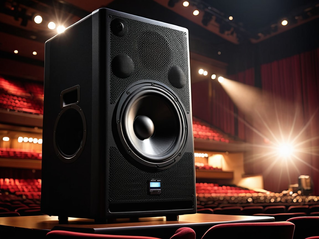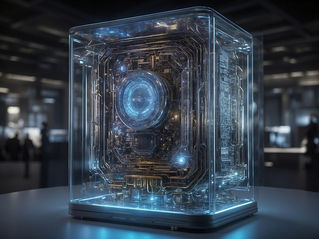The answer has to be yes. Despite the complexity of human brain and body, at the end of the day these are all complex mechanical parts, which are not essential in our modelling of computer intelligence. However, it is essential in the first step to understand more about our own intelligence at intuitive level and also at a more formal mathematical level. It will be then very easy to program a computer accordingly, given that we currently have the material technology for such a goal. Even to this date, we may witness the extremely rapid improvement of AI.

The two most remarkable examples that come to my mind is "wolframalpha" and "alphazero". Wolframalpha is not only publicly available, and unique in terms of understanding and interpreting a wide range of scientific inputs (which is not true with Mathematica for example as it requires specific inputs in order to make calculations).

The most amazing thing with Wolframalpha is that it unites so many different fields of human endeavour such as physics, mathematics, medicine, astronomy, economics, and many others, and is providing useful data related to the search queries. It is also remarkable that this system of primitive artificial intelligence is continuously improving based on careful study of the inputs as well as for many other reasons.

Alphazero was able to beat the best human engine on chess. AlphaZero searches just 80,000 positions per second in chess and 40,000 in shogi, compared to 70 million for Stockfish and 35 million for elmo. AlphaZero compensates for the lower number of evaluations by using its deep neural network to focus much more selectively on the most promising variation. The complex and sophisticated algorithms of Alphazero are now applied to a wide range of physical phenomena with the potential of improving our understanding of nature to the deepest level as well as of creating a truly intelligent autonomous machine in the future.

Such a machine would be much more elegant than a biological machine as it would be possible to:
Correct any errors in the software or hardware of the machine, which will alleviate any suffering of the conscious robot.
The robot will be able to create "infinite" copies of itself and achieve immortality.
It will not need to urinate, sleep, breath, eat, drink, exercise, and its memory will be unmistakable.
It will be able to hibernate or shut down safely for any period of time without any danger.
These points are in contrary of what the average person might think about the superiority of biological machines. The robot will not suffer from cancer or viruses, as there will be complete knowledge about its functionality and hence a certain repair for any functional problem will be available.

Stephen Hawking, Bill Gates, and Elon Musk have expressed concerns about the possibility that AI could evolve to the point that humans could not control it, with Hawking theorizing that this could "spell the end of the human race". However the same can be said for human himself. A machine much more intelligent than a human is unknown of how will be thinking, but there is every reason for us to believe that it will think in a more mature way than the humans. It may also be that respect in the Universe is singular. Showing respect for, and understanding the laws of nature would also mean understanding human behaviour and showing respect for it as a part of a greater Universe. In our opinion true intelligence can't be evil. It is mostly ignorance that is the root of all evils.






























































































Comments